The prevailing narrative of Bobby Jones is that following his historic 1930 Grand Slam, winning all four of golf’s then-major championships, he retired from competitive golf and preserved his status as a lifelong amateur.
However, that is a myth, says David Owen, Augusta National’s leading historian, who notes that not only did Bobby Jones compete in the Masters 12 times, he (arguably) competed as a professional.
Editor’s note: Owen joined us for a special Masters edition of the Golf Digest Happy Hour on April 4, when he gave Golf Digest+ members his insider perspective on the history of the club. You can watch the complete recording here.
More From Golf Digest 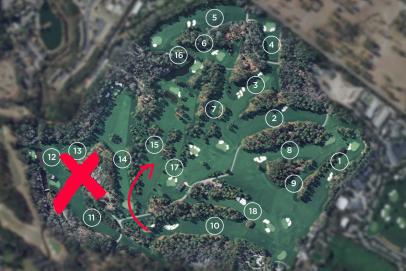 Not relatable ‘We’ll play it tomorrow’: This writer played Augusta National so much that he … skipped Amen Corner?!
Not relatable ‘We’ll play it tomorrow’: This writer played Augusta National so much that he … skipped Amen Corner?! 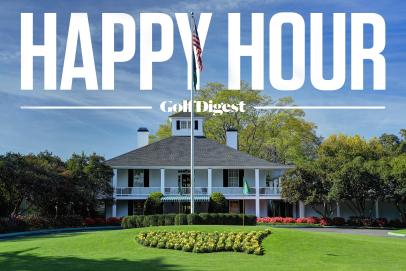 Happy Hour The true story of Augusta National’s near demise, according to the club’s leading expert
Happy Hour The true story of Augusta National’s near demise, according to the club’s leading expert  Golf Digest Happy Hour A second course and public driving range: Revisiting Augusta National’s bold original plans
Golf Digest Happy Hour A second course and public driving range: Revisiting Augusta National’s bold original plans
Owen asserts that Jones’ decision to retire was more so about his desire to accept two very lucrative deals, one with Spalding to endorse golf clubs and the other with Warner Brothers to make instructional films. (Our Luke Kerr-Dineen recently unearthed these instructional videos and broke down what we can learn.) The problem is that after accepting these offers, the USGA ruled that Jones was now a professional, Owen says.
“Jones had a real visceral dislike for professionals,” Owen told Golf Digest+ members during our Happy Hour. “At the time at golf tournaments, they would speak of gentlemen and players. The gentlemen were the amateurs, and the players were the professionals. … Jones was snobbish about that. He would not compete as a professional.”
The issue in 1933, however, was that Augusta National Golf Club, co-founded by Jones and Clifford Roberts, was in serious financial trouble and having difficulty signing up any members. After failing in a bid to have Augusta National host the 1934 U.S. Open, Jones and Roberts decided to create their own tournament, the Augusta National Invitation Tournament (later called the Masters).
RELATED: ‘We’ll play it tomorrow’: This writer played Augusta National so much that he … skipped Amen Corner?!
How could the club market a top tournament if their co-founder and the game’s greatest star didn’t play? If the tournament was to be a success, it needed Jones. As Owen writes in his book, “The Making of the Maters,” “No Jones, no tournament, no club.”
Yet if Jones were to play in the Masters, he would need to play as a professional, seeing as his income in 1933 was over $100,000, much of which related to his endorsement deals. For reference, Paul Runyan, who won nine events that year and led the money list, had earned less than $6,500 in tournament earnings, Owen notes in his book.
“I think a lot might be said on either side,” Jones said of the amateur vs. professional debate, as quoted in “The Making of the Masters.” “But I am so far convinced that it is contrary to the spirit of amateurism, that I am prepared to accept and even endorse a ruling that it is an infringement [to compete as an amateur].”
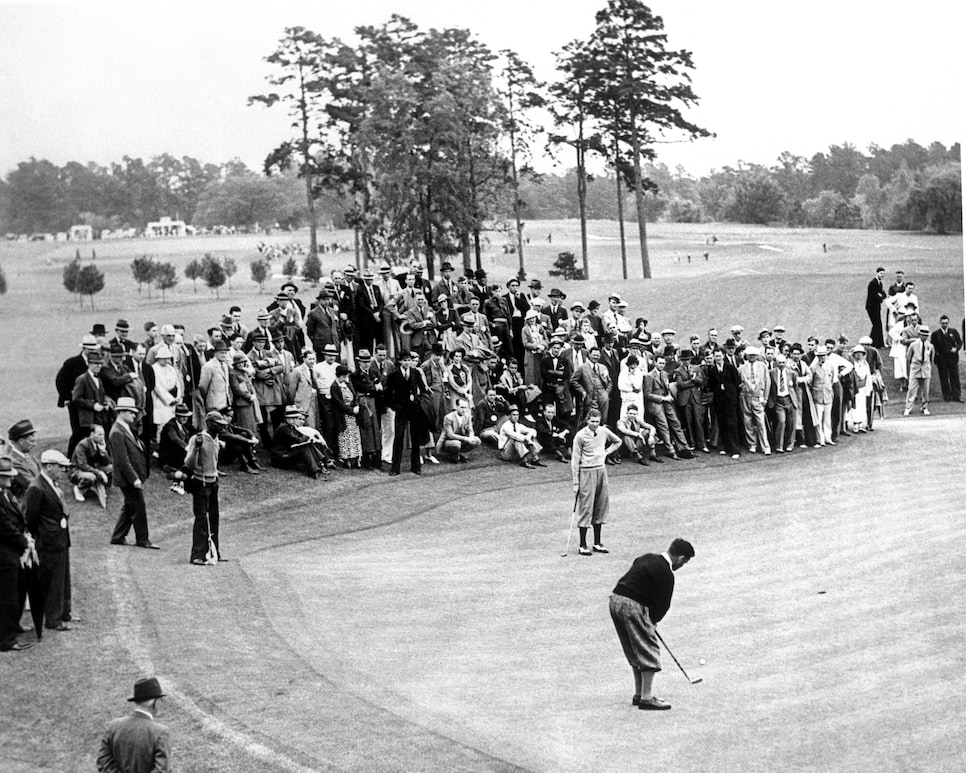
Bobby Jones putts on the 8th green while Horton Smith watches in front of a gallery of patrons during the 1934 Masters Tournament at Augusta National Golf Club.
Augusta National
Jones would later write in his book, “Golf Is My Game,” that to give up his amateur status would be like giving up a part of himself.
How could Jones and the club reconcile the need for him to play in and promote the newly launched Masters, while respecting his desire to remain an amateur?
Jones eventually agreed to play in the inaugural Augusta National Invitation Tournament in 1934. The loophole? The club would avoid making any distinction between amateurs or professionals in the tournament programs, pairing sheets, etc.
Jones finished T-13 in the 1934 tournament, which would have earned him low amateur honors, except for the hidden fact that he wasn’t an amateur.
“Even O.B. Keeler, who had built his sports writing career by celebrating Jones’ amateur achievements, took it for granted that Jones was now a pro,” Owen writes in his book. “He describes Charles Yates, who finished three strokes behind him [Jones] in the inaugural tournament, as the low amateur.”
Even the local newspaper clippings at the time considered Jones a pro, listing him along with the professionals. Nowadays, you’ll find Bobby Jones’ name noted with “amateur” next to it in the Masters Tournament media guide, which Owen says is false, or at best a generous concession.
Either way, Jones was not paid for his participation in the 1934 tournament. When that question of whether Jones received money was posed to Owen, his answer reminds us of the dire financial need for Jones to be competing in the first place.
“No,” said Owen during the Happy Hour. “Nobody was paid. … They had to pass the hat at the end of the tournament. They had no money. They owed money.”
Once again, Golf Digest+ members can check out the entire hour-long chat with David Owen on his experience at Augusta National and the history of the club and tournament. Not a member yet? Sign up here today.
More From Golf Digest at The Masters 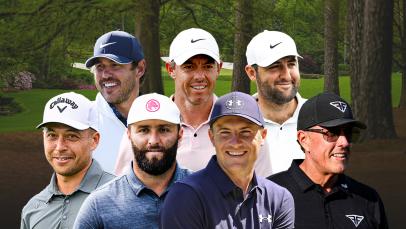 Ranking The Field Masters 2024: Power rankings for the entire field at Augusta
Ranking The Field Masters 2024: Power rankings for the entire field at Augusta 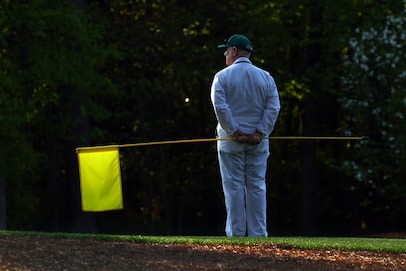 Crunching the Numbers Masters 2024: 9 obscure Augusta records unlikely to be broken
Crunching the Numbers Masters 2024: 9 obscure Augusta records unlikely to be broken 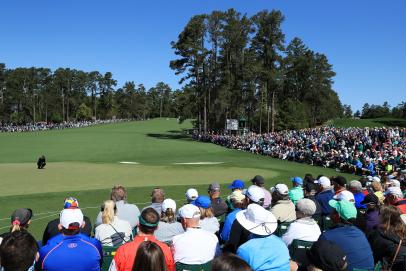 Masters Masters 2024: The four secret changes to Augusta National
Masters Masters 2024: The four secret changes to Augusta National
This article was originally published on golfdigest.com
